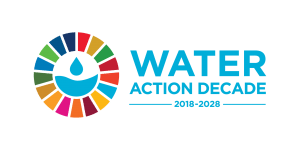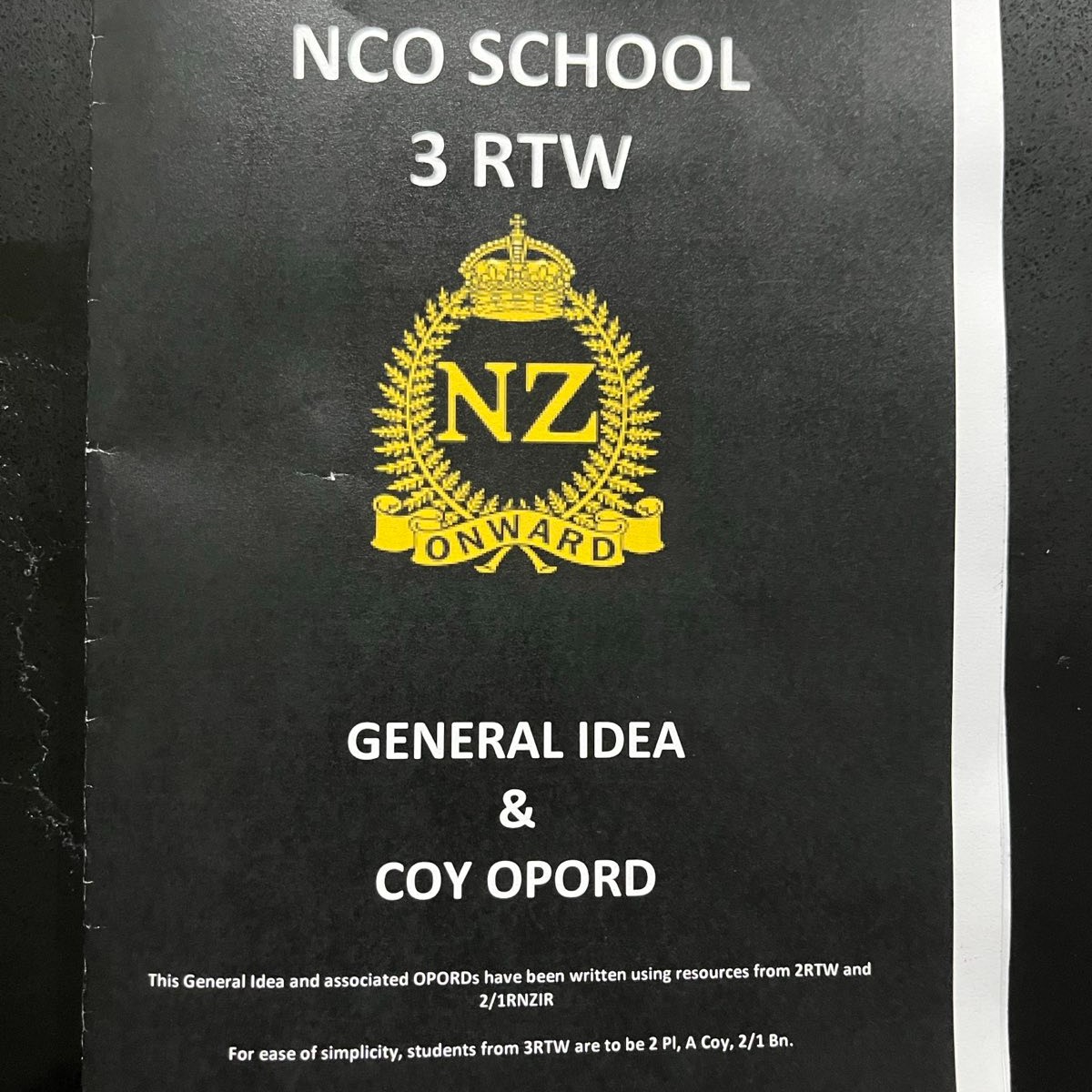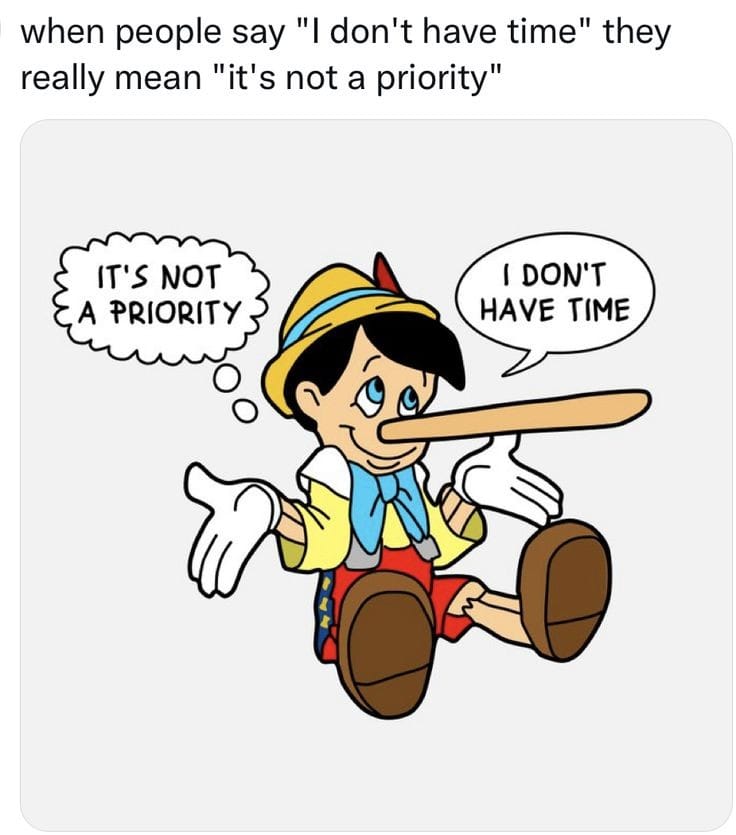
WATER FROM NATURAL RESOURCE TO A GLOBAL COMMODITY
The Decade of Water Action 2019-2030. UN Assembly gathering- 23-24th March 2023. Attendee’s are world leaders, private sectors, academia, organizations, NGO’s, Philanthropists and others for the UN 2023 Water Conference. Included planning discussions on ‘Inclusive Equitable Water worldwide to ‘Secure the Future for People and Planet. .and lots of profit for multistakeholderm. Corporate Capture. To accelerate UN Agenda 2030 SDGs. A global political agenda to incorporate Smart policies into the global governance agenda and that of UN Member States Domestic policies. The natural resource of water has become a global commodity to be bought and sold on Wall Street. Implementing a new global information system. Used to guide plans, priorities prior to 2030. Every region in the world to have a warning system for natural disaster by 2027. The acceleration of SDG6 UN Agenda 2030. Every UN Member State to fast track climate action. Guterres said “Its desperate for actions to be taken by UN Member States. States with each other and their own citizens”. He stated that “Climate Action is moral, festering climate injustice feeds division, threatens to paralyze UN Global Climate Action Plan” 29/3/2023. That every UN Member State to appoint a ‘Special Envoy’ on water. Referring to a Global Water Social Policy. Global water is essential, effective for use in Global Politics.
Referring to – spaces, nations, states, mega cities, agriculture, regions, water sheds (river basins), local community, indigenous, technical criteria, infrastructure, economies and GUESSWORK. Global politics that criss cross State Sovereignty. Intersections of space and politics anchor these together, and embedded all of this is Global Water Governance a massive collaboration of Global politics through hybrid networks of a philosophy of Authoritarianism. Critiqued to the SDGs through integrated water resource management (IWRM). IWRM reached its heights in the 1990’s, then waned . Was redeployed to govern environmental change- risk- security (influence). The UN Response to Global environmental change and economic crisis. International Water Resource Management (UN/WEF). International organizations shaping global water policy, influencing global discourses. Water- Global Social Policy= Social Risks to too many other domains that link environmental, economic, political, all connected
Revisiting history -Huxley 1935-1943 his focus on eugenics and UN Educational Scientific Cultural Org., (UNESCO) Introduced the TVA model of integrating water control and social policy across education and health, rural development. In 1936 The Flood Control Act was introduced in the US. References made to water contests and conflicts. “water is what you make it, can be many things” Global Water Politics a Global Governance shift to address undercurrents hence a natural resource (water) became a global political construct. Hence projects advantages to global industry, agribusiness, trade finance shaping Global Water Policy launched by UNESCO International Hydrologic, spatial rates for States, a spatial control, the so called moral ordering of water Into every UN Nation state.(State projects)
Control over nature internationally was constituted in19th century debates over civilization and progress stemmed from ‘International Danube’ Commission established in 1856 which especially occupied Russia’s lack of territorial control over the River Danube. The dominance of water with political control with the right tools that engineered water control. The control of nature, the spatializing of international agreements to engineer the control of water ‘Transnational Water Engineering Act Globally’. Post World War 2 the American model of TVA was exported to dozens of countries as the quintessential model of International Development promoted by UN Agencies including UNESCO
1971 The collaboration of Global Water politics- social, economic shifts and massive transformations. International Water Resources Association (IWRA) First world water congress in Chicago 1973 The International Water Journal 1975 forging global water policy through meetings and journals. The critiquing people lacking water. 1977 Un conference ‘Water Partnerships’ UNESCO, HABITAT and World Bank (Global Water Governance). Water mapped out to human needs through the World Bank- water scarcity- water control- corporations and water-
1977 Integrated Water Global Politics approach to water. UNESCO-International Meteorological Org., space and politics, hence international collaborations at a global level acted out locally in UN Member States. (planting local roots)
1977 The shift from International policies to Global Politics this included the Mar del Plata, Argentina 1977. The Integrated Water Global Politics approach to water. UNESCO-International Meteorological Org., space and politics, hence international collaborations at a global level acted out locally in UN Member States. ( the planting local roots)
1978 The Global Social Policy Water -Rational planning of water. 1999 UNESCO Earths Water Book of statistical evaluability as the basis of decision making as to water., The spreading of this and rehearsing the information multiple times. Earths Water Atlas.’ UNESO
1980’s A widespread adopting of neo-liberal policies around water scarcity interpreted by the world bank that required forming water pricing to enhance conservation, Neo liberal policies were applied to structural adjustments supplied by the World Bank and other privatization parties.
1987 Commission of the Environment and Development World Report ‘Our Common Future’ known as the Brundtland Report on Sustainable Development. UN gatherings with academia, heads of govts, scientists happed every three years, neo-liberalism established the global network of water with the World Bank or the UN Environment Programe UNEP. Commission of the Environment and Development World Report ‘Our Common Future’ known as the Brundtland Report on Sustainable Development
1991 Our Common Future received global attention as perceived as insufficient attention to the water issue, this was an opportunity to put water on the SDG agenda.
The Dublin UN Gathering “It has economic value, competing uses, to be recognized as an economic good’ (DUBLIN (UN) Statement 1992). The Global Sustainability Agenda – Conflict and Contest. World Bank, UNESCO, IWRM, SDG to promote Multistakeholder Corporatization.
1994 Political influence for global economic environmental policy journal ‘Water Policy’ establishing credibility as multistakerholderism to convene World Water Forums. The editor of the journal Jerome Deli Priscoli claimed that “” the integration of water sector cross from a universal human longing to return to the comfort of the womb”
1996 Global Water Partnership- World Bank – knowledge broker- social- economic political global governance goals. IWRM 3,000 partner organizations in 183 countries.(sustainable Water Management Services)
1997 the transnational power relationships and water conflict management. UN Water Courses Convention to codify existing norms.. global wate policy and the World Bank collaboration.
2003 Govts align water with sustainable millennium goals at the same time changes to land cover, World Economic Forum established an independent assessor of progress of programs towards the UN M DGs in 2004 when the Global Risks Report was published.
2009 WEF meeting UN Secretary General Ki Moon asked WEF to influence, establish water insecurity, structural risks, water energy- food nexus integrating various multiple policy domains hence global multistakeholderism
2008 Corporate Capture including influencing, collaborating with . financial tools for global water policy, debt for water swaps and microcredit schemes. The adopted language ..2008 Financial Crisis to bridge environmental and economic risks, new networks for the WEF.
2010 UN passed Human Rights to water and Sanitation enhancing market forces globally, market mechanisms. Engaging corporations eg Pepsi Co, Coca Cola, Nestle, new working groups to action Agenda SDGs collaborating with the World Bank under the quintessential book of data relating to water, The Water … Developed under the auspices of the UNESCO
Many UN gatherings with academia, heads of govts, scientists happed every three years, neo-liberalism established the global network of water with the World Bank or the UN Environment Programme UNEP. Namely ‘WATER FOR ALL’. A global governance portfolio was created – a high level panel on water, political development to deliver UN Agenda to steer and drive UN Member States.. The introduction, global expansion of the language of critical thresholds, shocks, tipping points , complex systems were interconnected with economies and environments. The mirroring of global, regional, national discourse of SDG integration and neo liberal policies, programs – people, planet for those global elite few wealthy profits. The earth system amplified into multiple critical roles, , the Global governance of water political, social and economic global forces. The massive dominating power of the Global Governance, multi-layered collaborations emerging into what is called Water Scarcity, water security, water resilience what about Water on the Stock market, and water and land grabs. Mass corruption, robbery of natural resources under the International Resource Water Management
Control water, control everything, control everyone. Global Water Governance and neo liberal environmentalism. The massive power of the World Bank and the collaboration of philanthropists, NGO’s UN and WEF Multistakeholder capitalism. Transnational policies, transnational corporations. Water is central to the Global Governance. National the public- private partnership with Iwi Water Group and collaborating Iwi/Hapu. And the global strategic partnership of the UN and WEF just to make it official they are actually in an official partnership, and it hasn’t just happened these last couple of years. Unelected bodies advocating the way people live their lives in NZ. International organizations shaping global water policy, influencing global discourses. Water- Global Social Policy= Social Risks to too many other domains that link environmental, economic, political, all connected
Revisiting history -Huxley 1935-1943 his focus on eugenics and Un Educational Scientific Cultural Org., (UNESCO) Introduced the TVA model of integrating water control and social policy across education and health, rural development. In 1936 The Flood Control Act was introduced in the US.
There were references to water contests and conflicts. “water is what you make it, can be many things” Global Water Politics a Global Governance shift to address undercurrents hence a natural resource (water) became a global political construct. Accelerating SDG6. Into every UN Nation state. Transnational power relationships an water conflict management of 1997 and the UN Water Courses Convention to codify existing norms.. global wate policy and the World Bank collaboration. Hence projects advantages to global industry, agribusiness, trade finance shaping Global Water Policy launched by UNESCO International Hydrologic, spatial rates for States, a spatial control, the so called moral ordering of water Into every UN Nation state.(State projects). Control over nature internationally constituted on the 19th century debates over civilization and progress stemmed from ‘International Danube’ Commission established in 1856 which especially occupied Russia’s lack of territorial control over the River Danube. The dominance of water with political control with the right tools that engineered water control. The control of nature, the spatializing of international agreements to engineer the control of water ‘Transnational Water Engineering Act Globally’. Post World War 2. A widespread adopting of neo-liberal policies around water scarcity that was intepreeted by the world bank that required forming water pricing to enhance conservation, Neo liberal policies were applied to structural adjustments in the 1980s supplied by the World Bank and other privatization parties.
‘WATER FOR ALL’. A global governance portfolio was created – a high level panel on water, political development to deliver UN Agenda to steer and drive UN Member States.. The language of critical thresholds, shocks, tipping points , complex systems were interconnected with economies and environments. The mirroring of global, regional, national discourse of SDG integration and neo liberal policies, programs – people, planet for those global elite few wealthy profits. The earth system amplified into multiple critical roles, , the Global governance of water political, social and economic global forces. The dominate of a Global Governance one collaboration after another and multi-layered collaborations emerging into what is called Water Scarcity, water security, water resilience what about Water on the Stock market, and water and land grabs.
Control water, control everything, control everyone. Global Water Governance and neo liberal environmentalism. The massive power of the World Bank and the collaboration of philanthropists, NGO’s UN and WEF Multistakeholder capitalism. Transnational policies, transnational corporations. Water is central to the Global Governance. National the public- private partnership with Iwi Water Group and collaborating Iwi/Hapu. Global water Governance taking growing local roots. And the global strategic partnership of the UN and WEF just to make it official they are actually in an official partnership, and it hasn’t just happened these last couple of years. Unelected bodies advocating the way people live their lives in NZ. International organizations shaping global water policy, influencing global discourses. Water- Global Social Policy= Social Risks to too many other domains that link environmental, economic, political, all connected
here were references to water contests and conflicts. “water is what you make it, can be many things” Global Water Politics a Global Governance shift to address undercurrents hence a natural resource (water) became a global political construct. Accelerating SDG6. Into every UN Nation state. Transnational power relationships an water conflict management of 1997 and the UN Water Courses Convention to codify existing norms.. global wate policy and the World Bank collaboration. Hence projects advantages to global industry, agribusiness, trade finance shaping Global Water Policy launched by UNESCO International Hydrologic, spatial rates for States, a spatial control, the so called moral ordering of water Into every UN Nation state.(State projects)
NZ replacement of the Resource Management Act 1991. Spatial control, public- private partnerships (Co Governance ). The language of critical thresholds, shocks, tipping points , complex systems were interconnected with economies and environments. The mirroring of global, regional, national discourse of SDG integration and neo liberal policies, programs – people, planet for those global elite few wealthy profits. The earth system amplified into multiple critical roles, , the Global governance of water political, social and economic global forces. The dominate of a Global Governance one collaboration after another and multi-layered collaborations emerging into what is called Water Scarcity, water security, water resilience what about Water on the Stock market, and water and land grabs.
Control water, control everything, control everyone. Global Water Governance and neo liberal environmentalism. The massive power of the World Bank and the collaboration of philanthropists, NGO’s UN and WEF. NO WATER-NO LIFE. EF Multistakeholder capitalism. Transnational policies, transnational corporations. Water is central to the Global Governance. National the public- private partnership with Iwi Water Group and collaborating Iwi/Hapu. And the global strategic partnership of the UN and WEF just to make it official they are actually in an official partnership, and it hasn’t just happened these last couple of years. Unelected bodies advocating the way people live their lives in NZ. The capitalization of crisis, crisis after crisis. And now we have the planning of a Global Hate Speech International Law. Is this Hopkins special announcement appoint Ardern to a Special Envoy with Macron to converse and collaborate with the UN and world leaders on the Incitement to Hate Speech. Expose Global Governance Plan incitement to intolerance.
WATER= FOOD = LAND= CRISIS – SHRILL WARNING ALARMS GLOBALLY IN EVERY UN NATION STATE BY 2027.(THE IMAGES, SOUNDS, WORDS SPOKEN & UNSPOKEN. WARNINGS OF MULTIPLE CRISIS EVENTS. UN ANNOUNCE “ WE ARE DESPERATE FOR STRONGER, BOLDER CLIMATE ACTION, OUR GLOBAL PLAN OF MULTILAYERED GLOBAL GOVERNANCE. IS THREATENED. GLOBAL WATER GOVERNANCE- ITS IS THE CORE OF THE UN/WEF PLAN
LINK:
https://www3.weforum.org/docs/WEF_ENV_SustainableConsumption_Book_2013.pdf
-
-
Friday - May 19, 2023 - NATURAL RESOURCES
(2)





Leave a Comment